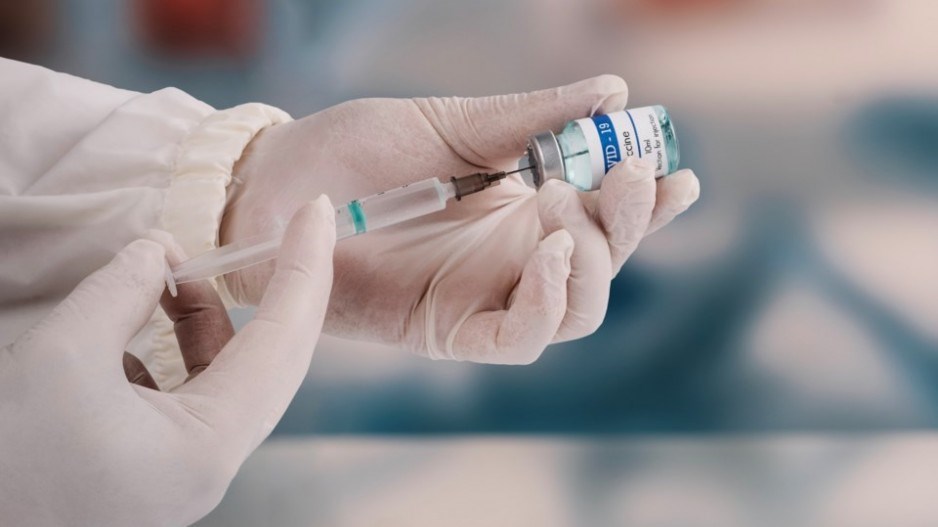BIV reporters examined British Columbia's frugality reality – and how local businesses are navigating skills shortages, inflation, chronic COVID complications and supply chain dysfunction.
This is one of eight articles that capture acute corporate concerns. Read on to explore different business owners' survival plans and strategies.
Onsite Immunization and Wellness
In operation since 2009, Onsite is a mobile/onsite medical service immunization/testing provider.
Marketplace cost challenges
For a sector already battered by high stress, overworked professionals and tight labour availability, the health-care industry is now also dealing with inflation costs – a reality that does not escape Marco Gnoato, a family nurse practitioner who is also president of Onsite. The company is heavily involved in helping major corporations immunize and test workers who have to travel abroad, and Gnoato said the current COVID requirements have increased demand for the company’s services.
But many of the contracts it signed with major clients to provide mobile testing/immunization came before the current sharp inflationary trend. Therefore, with Onsite’s contracted revenue locked in at a flat, pre-inflation rate, current price spikes are squeezing the company’s margins.
“We still have to supply the same products and the same services we have signed the contract for under the same pricing in the contract,” Gnoato said. “And nobody anticipated the price skyrocketing. I think we are losing money on one company that we are immunizing ... and you just have to fight that cost. The flu shot did not increase in price in the five, six years prior to the pandemic, and now in the last two or three years, it has gone up about 30 to 40 per cent.”
Gnoato added that Onsite’s team of 15 to 20 nurses – the number fluctuates based on the arrival and conclusion of flu seasons and other factors – are all facing post-COVID workload stresses and their own living costs being increased by inflation.
Marketplace frugality solutions
One way Onsite has reduced costs, ironically, is to increase costs in the short term with medical supply purchases. For items such as sanitizers, medical gloves, syringes and other products needed for medical testing, Gnoato said the company is realizing some savings by buying in bulk.
“We just have to buy larger quantities, which ends up costing us more in the short run,” he said. “But in the long run, if we continue running these services, it’s helpful.... We’ve already purchased thousands of syringes for flu season so that we can have access to [them] right away, given the current supply-chain issues.”
For Onsite, there is one silver lining: The increased travel demand in the wake of reduced pandemic restrictions means that demand is steady for the company’s mobile testing services. That allows Onsite to pass on some costs to customers through fee increases.
But if inflation continues and the company has to keep passing on some costs of operations to customers, Gnoato wonders if people would alter their travel plans to avoid such services or simply decline to be vaccinated.
“You do kind of wonder how many people don’t go travelling just because of all these price increases,” he said, noting that Onsite has had to increase service fees and the cost of products like vaccines to non-contract customers to help offset overhead costs.
“We hate to pass these costs on, but we have to recoup some of the costs.”
Read more:
- Higher wages, shortened hours, fewer locations
- Managing supply chain complications and client expectations key
- Builder battling fuel costs, facing wage pressures
- Grappling with global lumber market volatility
- Frugality for freelancers
- Mondays on Penthouse cost mitigation menu
- Launchpad leaning on outsourcing to cut costs




